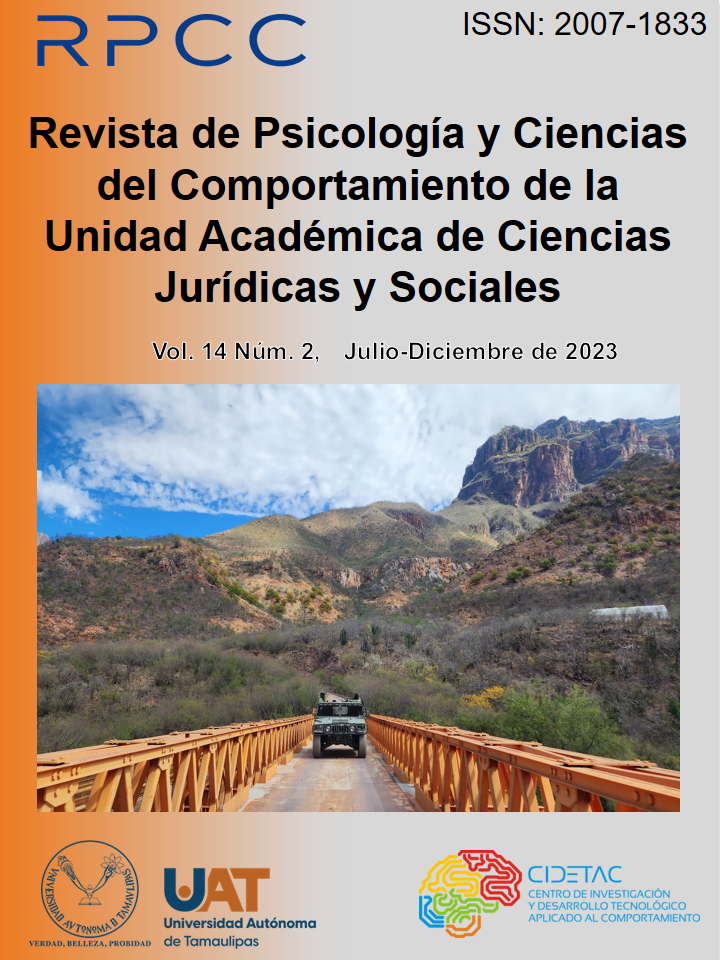Posttraumatic growth, resilience, optimism and gratitude among bereaved and non-bereaved during the COVID-19 pandemic
DOI:
https://doi.org/10.29059/rpcc.20231201-164Keywords:
Posttraumatic growth; resilience; optimism; gratitude; bereaved COVID-19Abstract
The aim of the present study was to compare post traumatic growth (PTG), resilience, optimism and gratitude among: COVID-19 bereaved, bereaved for other causes and people who did not experience the loss of a loved one (no bereaved) during the pandemic. This was a quantitative, cross-sectional and comparative study with a non-probabilistic sample of 373 women and men of general population from Mexico. The results indicated that people who did not experience the loss of a loved one obtained higher scores of resilience, optimism and gratitude, however, bereaved people due to COVID-19 were those who obtained the highest scores of PTG; bereaved people due to other causes were the group with the lowest scores in all study variables. The people who lost a loved one due to causes not directly related to COVID-19 were those who are most vulnerable, so care for these bereaved must be key to promote their well-being.
Downloads
Published
Issue
Section
License

This work is licensed under a Creative Commons Attribution-NonCommercial-ShareAlike 4.0 International License.
Those authors who have publications with the Journal of Psychology and Behavioral Sciences of the Academic Unit of Legal and Social Sciences, accept the following terms:
a. The authors will retain their copyright and guarantee the journal the right to first publish their work, which will be simultaneously subject to the Creative Commons Attribution-NonCommercial-Share Alike 4.0 International License. which allows third parties to share the work as long as its author and his first publication are indicated this journal.
b. Authors may adopt other non-exclusive license agreements for the distribution of the version of the published work (e.g., deposit it in an institutional telematic archive or publish it in a monographic volume) provided that the initial publication in this journal is indicated.
C. Authors are allowed and recommended to disseminate their work through personal communication (e.g. colleagues) before and during the submission process, for purposes of feedback or enrichment of the work, which can produce interesting exchanges








